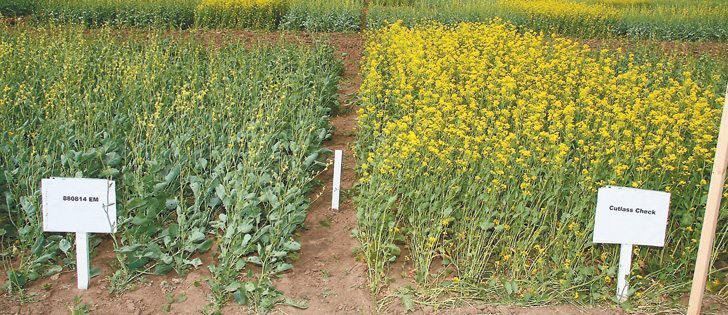Q: The land that my wife and I farm is not the greatest but we have managed to make a living and are comfortable.
All of us in the area farm land that is at times questionable and we deal with the same weather and market fluctuations. Two of my neighbours are successful, while others are struggling to make ends meet. Why are some people more successful than others are?
A: Conditions for two farms are never exactly the same. There are always differences, if only because lady luck smiles more frequently on some than others. Some people seem to have a winning attitude and tend to be more successful than others.
Read Also

Students urged to consider veterinary medicine
Alberta government makes $86.5 million investment in University of Calgary to double capacity for its veterinary medicine program to address labour shortages in the field.
In psychology, we call this self-efficacy. Self-efficacy is a term developed by Dr. Albert Bandura of Stanford University.
Self-efficacy is people’s beliefs about their capabilities to influence events that affect their lives. People with strong self-efficacies approach difficult times as challenges to be mastered rather than as threats that need to be avoided.
They set goals and refuse to let the inevitable setbacks discourage them. They may have the same disappointments as others but they “bite their bullets” quickly and are out there trying again while their neighbours are still sitting in shock on coffee row.
By contrast, people who doubt their capabilities have low self-efficacy and shy away from difficult tasks. When challenged by difficult times, they are likely to give up.
Change is possible but not easy. To build self-efficacy, you need to celebrate successes. Nothing breeds success better than success. Instead of saying “can I beat this problem,” say “how can I beat this problem?”
Watch what your successful friends are doing and try modelling their achievements. Make sure that you and your wife create a positive atmosphere in your home while trying to do things differently.














